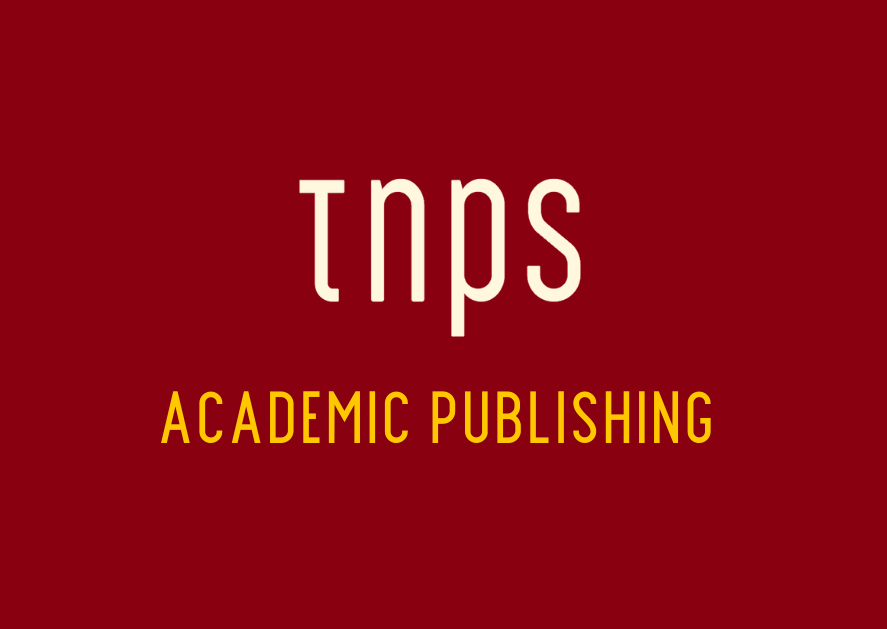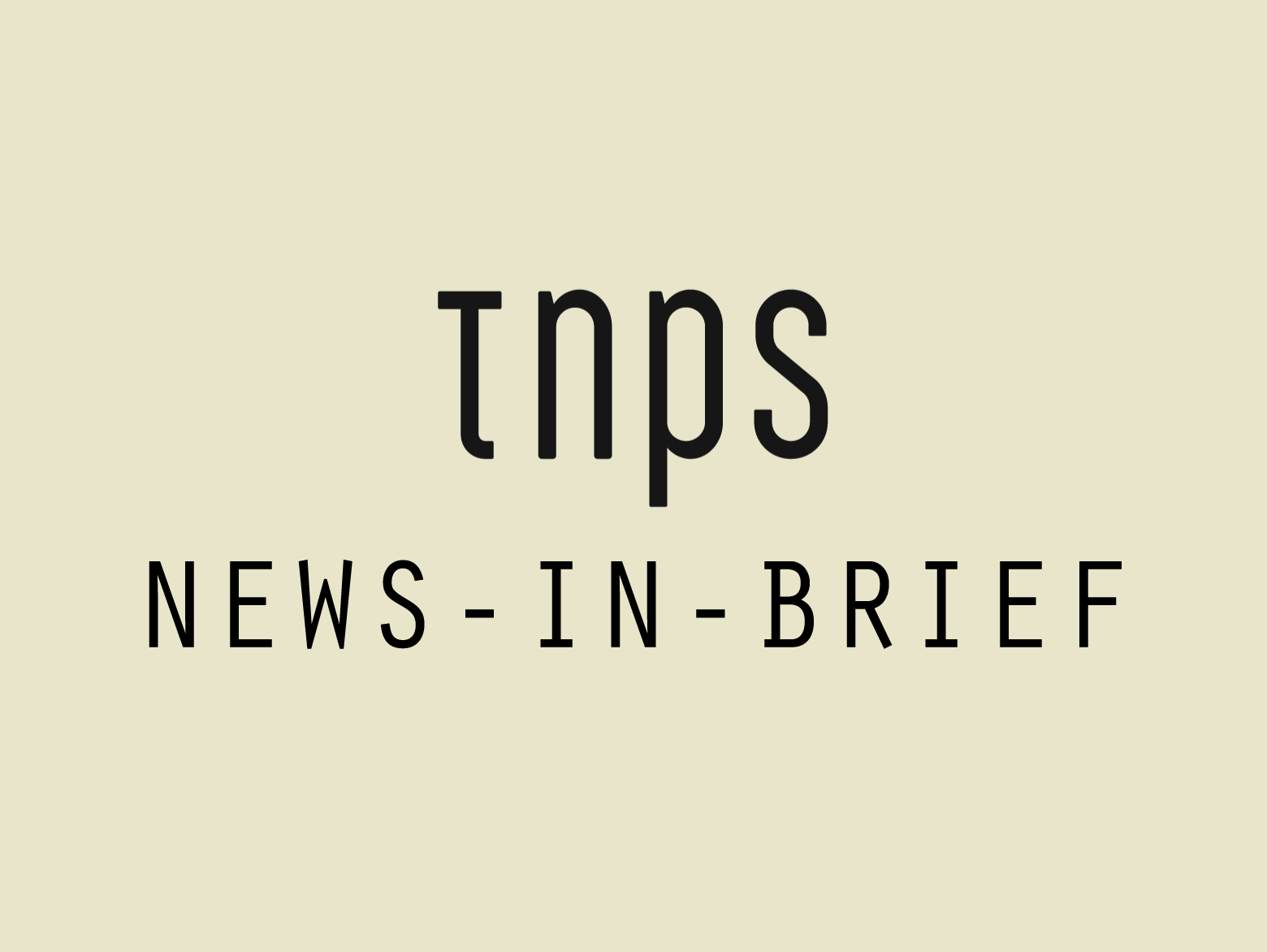
“When you are a self-published author, you are like the CEO, the marketing director, the production in-charge, and the inventory manager: you’re doing everything.,” says Ashwin Sanghi. “It allows you to [look] into what works and what doesn’t work.”
Sanghi, who notched up 47 rejections before becoming a self-published bestselling author, aims his words at his native audience in India, but the sentiments have global resonance, even if his preferred solution is not quite that far-reaching.
Back in 2007 when Sanghi started out on his writing career, the only realistic self-publishing options were vanity presses. Although the Kindle store launched in 2007, it would be another two years before it was opened up to self-published authors in the US, let alone authors in the wider world.
Today Sanghi is a hybrid author, published by Westland (owned by Amazon) and doing very well at home, but also with a bridge to an international audience thanks to being co-author of one of the James Patterson Private series, Private Delhi.
Encouraging wannabe-writers in India to take full advantage of the opportunities now available, Sanghi said, “The technological tools available today are so immense that there is no reason why you should not be able to make your book at least visible.”
Which is a welcome dose of realism in a world where many self-published success stories make it all seem so easy that anyone can self-publish and become a bestselling author.
“When you are starting out with Kindle Direct Publishing, use it as a learning opportunity,” Sanghi advises. “Don’t make sales your only benchmark in terms of looking at your progress. Be patient and continue writing to satisfy yourself.”
Being Westland published it’s understandable Sanghi only mentions Amazon’s Kindle Direct Publishing as an option, and in fairness other options for Indian authors are still limited.
There’s no Apple iBooks store in India, and no Nook. Kobo is there and Google Play is there, and there are domestic players like Dailyhunt and Rockstand, but for now, at least, KDP is one of the easiest options for authors to get started, especially since Flipkart pulled out of the ebooks game.
But KDP of course does not reach the world – readers and authors in many countries cannot even see the Kindle store – and Indian authors writing for the domestic audience face the problem not only of reaching the global markets effectively, but also resonating to the global markets effectively. The traffic is still very much one-way at this stage, with lots of western authors able to do well in India, but relatively few Indian authors getting noticed in the wider world.
But its early days for ebooks in India and globally, and early days for self-publishing.
Right now Amazon is in a strong position to replicate its success in the US and UK ebook markets, but in India the future lies not with English-language titles but with local languages.
And right now there’s plenty of room in the India market for everybody to make an impact.




